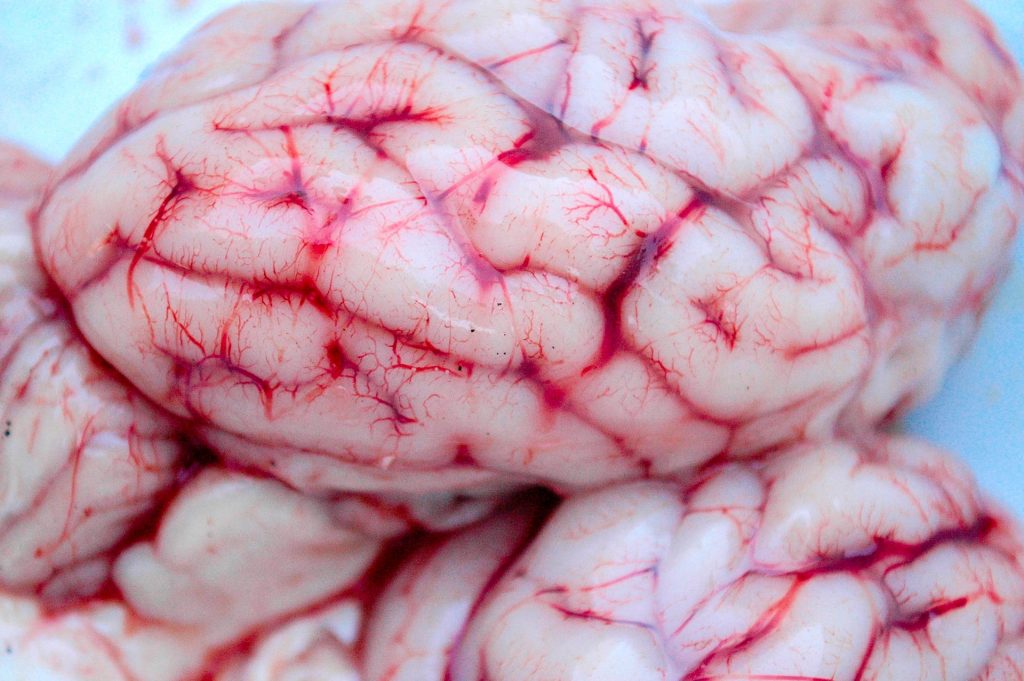What is a Brain Concussion? The definition of a concussion, in short, is an injury to the head that results in a disturbance of normal brain function. Concussions are classified as mild traumatic brain injuries (MTBIs), which encompasses other conditions such as contusions, diffuse axonal injury (DAI), and coup-contracoup lesions. This term was coined by Dr. Harrison Stanford Martland in 1928, who first described the signs and symptoms of a concussion as ‘being knocked silly.’
Concussions can be caused by a direct or indirect blow to the head, face, neck, or elsewhere on the body transmitted to the head. The force transmitted to result in any of these injuries may range from mild to severe. Concussions from the direct impact may be referred to as ‘closed’ head injuries to distinguish them from penetrating brain injuries, which arise from ballistic projectiles or other objects that penetrate the skull and enter the brain directly.
The clinical features of a concussion typically result from mechanical disturbance of neural pathways within the brain caused by significant rotational acceleration or deceleration.
The most common symptoms of a concussion include headache, confusion, nausea and vomiting, loss of consciousness, slurred speech, and dizziness. Other possible symptoms include difficulty balancing, blurred vision, and sensitivity to light or sounds. In addition to these psychological effects, concussions can also result in physical impairments such as changes in sleeping patterns, loss of appetite, or nausea.
The severity of the concussion may influence the patient’s recovery time and result in chronic effects after multiple concussions have occurred. These can include cognitive impairment, mood changes such as irritability, emotional lability, and fatigue. Patients may also report difficulty with concentration, attention span, or memory loss along with light or noise sensitivity. A loss of consciousness is not always present in a concussion.
The symptoms of a concussion can appear soon after the head injury or up to a few days later and may take time to resolve themselves, sometimes taking several weeks depending on how severe the damage was. For some patients, concussions can cause persisting problems such as headaches, fatigue, or sleep disturbances. These problems typically resolve themselves, but in some cases, they may be permanent.
Recovery from a Brain Concussion can range from several days to weeks or even months, depending on the severity of the injury, with most patients recovering within three months. Severe concussions can result in persistent symptoms that last for years after the initial injury.
A person is considered to have a mild traumatic brain injury if they have been unconscious for less than 30 minutes, if their symptoms improve during the first one or two days after an injury but worsen afterward, and if post-traumatic amnesia (PTA) lessens over time. In contrast, a severe MTBI may result in a period of unconsciousness lasting 30 minutes or longer, a worsening of symptoms over the first one to two days, and an inability to recall events that occurred after the injury.
People who have had more than one concussion are at increased risk for another injury, with each additional concussion potentially resulting in worse effects. A third concussion is even more likely to cause problems than a second one, and a fourth concussion may have increasingly severe effects on the brain.













